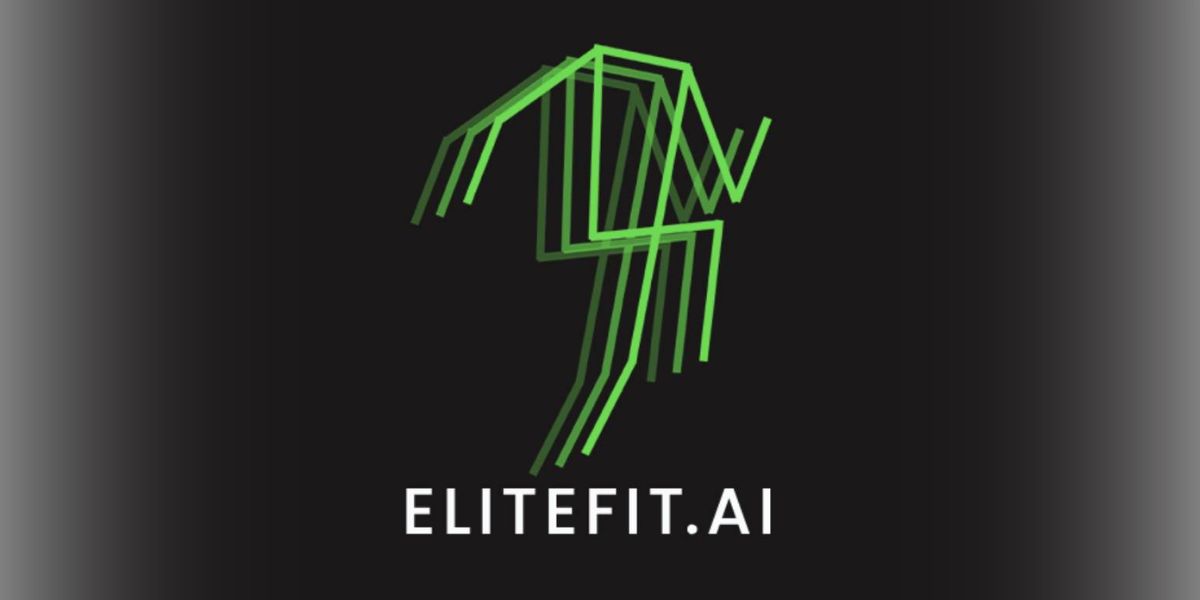The biotech sector has seen impressive expansion and innovation lately, fueled by significant scientific breakthroughs and advances in technology. As the sector progresses, marketing agencies specializing in biotech are increasingly important for connecting groundbreaking research with market achievement. Their role involves making intricate scientific ideas understandable to a wide range of people, helping to build acceptance for new technologies, and encouraging the uptake of novel biotech offerings.
This article will delve into the current trends and innovations that are defining the path forward for biotech marketing agencies. It will spotlight the tactics and methodologies that are crucial for successfully maneuvering through the dynamic environment of the biotech industry.
1. Advancing Towards Tailored and Detailed Marketing Approaches
A key development in biotech marketing agency moves towards more tailored and detailed marketing efforts. The advancement of biotechnology directs the creation of products and treatments towards specific genetic markers, types of diseases, and individual patient characteristics, presenting unique challenges and opportunities for marketing firms in this space.
2. Adopting Engaging and Experiential Technologies
As the biotech sector and software marketing agency forges ahead with scientific breakthroughs, the task of explaining intricate ideas and methodologies to varied audiences grows more complex. In response, biotech marketing agencies are turning to engaging and experiential technologies to aid in demystifying biotech products and innovations.
3. Highlighting Narrative Engagement and Emotional Resonance
In the realm of biotech marketing, the power of human stories and emotional engagement stands alongside the importance of scientific data and clinical proof. Marketing agencies in biotech increasingly rely on storytelling as an indispensable strategy, providing a pathway to forge emotional bonds with audiences and enhance comprehension of the life-changing impact of biotech innovations.
4. Engaging with Influencer Marketing and Establishing Thought Leadership
In the b2b marketing agency, building credibility and fostering trust are paramount objectives. As a result, biotech marketing agencies are increasingly recognizing the significance of influencer marketing and thought leadership tactics. Through partnerships with esteemed industry professionals, opinion leaders, and influential figures within the biotech sphere, agencies can elevate the credibility and visibility of their marketing endeavors.
5. Prioritizing Sustainability and Corporate Social Responsibility
As public awareness and concern regarding environmental and societal issues continue to heighten, biotech marketing agencies and b2b digital marketing agency must adjust their approaches to resonate with the values and expectations of their audiences. Biotech firms aiming to cultivate robust brand reputations and forge enduring connections with consumers, healthcare practitioners, and investors will find embracing sustainability and corporate social responsibility (CSR) initiatives increasingly imperative.
Conclusion
The trajectory of biotech marketing agencies is closely intertwined with the rapid pace of innovation and technological progress in the biotechnology sector. As this field undergoes continual transformation, marketing agencies must adjust and adopt novel strategies and methodologies to effectively convey the value and significance of biotech products and services.
By utilizing personalized and precise marketing methods, immersive and interactive technologies, compelling storytelling techniques, influencer partnerships, and sustainability efforts, biotech marketing agencies can adeptly navigate the complexities and capitalize on the opportunities within this dynamic industry.
FAQs
-
What are the emerging trends in biotech marketing?
The biotech marketing landscape is rapidly evolving, with key trends including personalized marketing approaches, leveraging AI and machine learning for data-driven insights, increased focus on digital and social media platforms, and the integration of virtual and augmented reality technologies for immersive marketing experiences. Sustainability and ethical marketing are also becoming critical as consumers increasingly value transparency and social responsibility.
-
How are biotech marketing agencies utilizing artificial intelligence (AI)?
Biotech marketing agencies are leveraging AI for a variety of purposes, including predictive analytics to forecast market trends, personalize customer experiences, automate content creation, and optimize digital advertising campaigns. AI is also instrumental in analyzing vast amounts of data for better targeting and segmentation, enhancing customer relationship management (CRM) systems, and streamlining operational efficiencies.
-
What role does digital storytelling play in biotech marketing?
Digital storytelling has become a crucial component of biotech marketing, helping companies to connect with their audience on a more personal level. By crafting compelling narratives around their products, research, and brand values, companies can enhance engagement, build trust, and effectively communicate complex scientific information in an accessible and relatable manner.
Published By: Aize Perez









